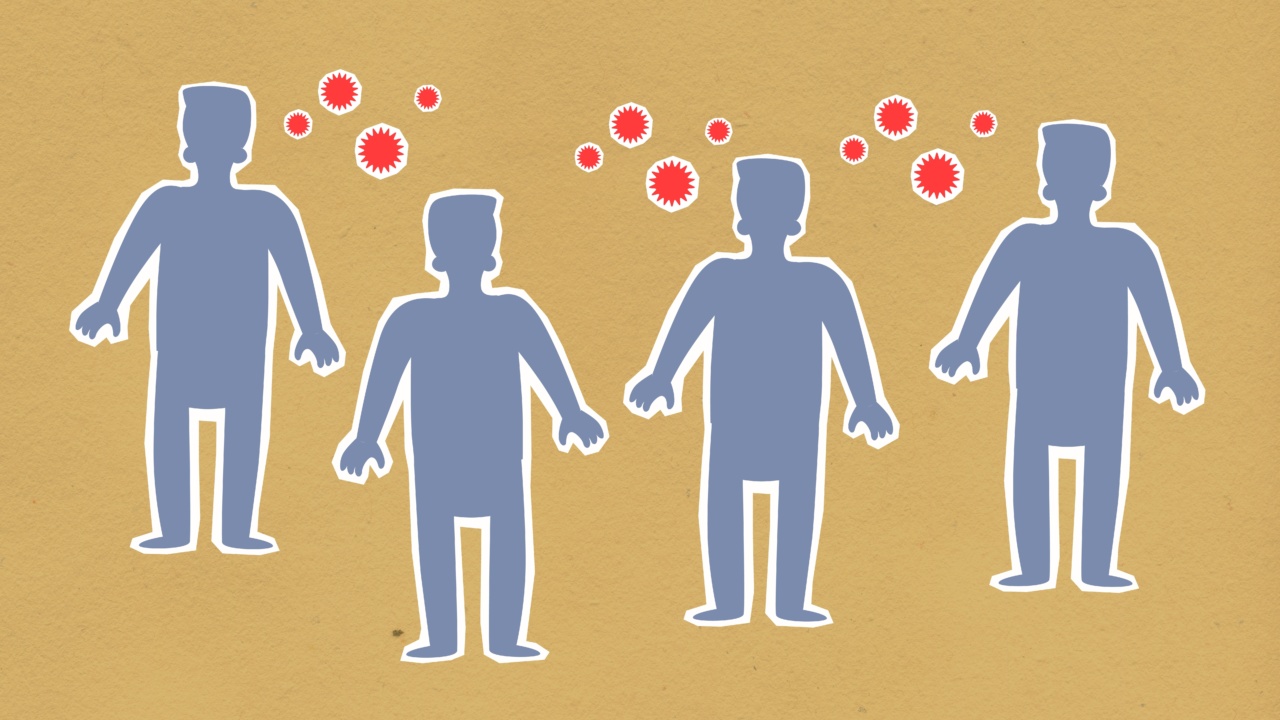Mental health is a topic that has gained a lot of attention in recent years, but there is one group that is often overlooked – men.
While society has come a long way in terms of destigmatizing mental health issues, men still suffer in silence due to the prevailing notion of masculinity that insists on toughness and emotional suppression. According to the National Institute of Mental Health, men are less likely to seek treatment for mental illnesses compared to women. This has led to an epidemic of mental health issues among men that is not being talked about enough.
Why Men Suffer in Silence?
The pressure to conform to traditional gender roles is a major factor that prevents men from seeking help for mental health issues.
The idea that men should be tough and not show emotion is so ingrained in society that men who express vulnerability may be labeled as weak by their peers. Additionally, men may fear that seeking help for mental health issues will damage their image and reputation as a strong and capable individual. This stigma against seeking help is especially prevalent when it comes to mental health issues.
Types of Mental Health Issues Men Face
Men can suffer from a wide range of mental health issues, some of which are specific to their gender. For example, studies suggest that men are more likely to suffer from alcohol and drug addiction.
Other mental health issues that men commonly face include:.
Depression
Depression affects men just as much as women, but men are less likely to seek professional help. Symptoms of depression in men may include anger, irritability, and loss of interest in activities they once enjoyed.
Men may also turn to alcohol or drugs to cope with their feelings of depression.
Anxiety
Men are more likely to suffer from anxiety disorders, but less likely to seek help for it. Men with anxiety may experience intense fear, panic attacks, and physical symptoms such as chest pain and sweating.
Anxiety can affect a man’s performance at work and his relationships with others, making it crucial to seek treatment.
Suicide
Men are more likely to die by suicide than women. According to the American Foundation for Suicide Prevention, men died by suicide 3.56 times more often than women in 2020.
There are various reasons why men are more susceptible to suicide, including social isolation, financial stress, and lack of access to mental health care.
How to Overcome Mental Health Stigma
The first step in overcoming mental health stigma is to start talking about it. By creating a safe and non-judgmental environment, men can feel more comfortable discussing their mental health issues.
We need to create a culture where seeking help for mental health issues is seen as a sign of strength, not weakness.
Therapy and Counseling
Men should be encouraged to seek therapy or counseling for their mental health issues. Therapy can help men learn healthy coping mechanisms and strategies to manage their symptoms.
It is important to note that therapy is not a sign of weakness, but rather a tool for personal growth and self-improvement.
Social Support
Having a support network can make a huge difference in a man’s mental health. Friends and family can offer emotional support and encouragement in seeking help for mental health issues.
Men should also strive to surround themselves with positive and supportive people who respect their feelings and are willing to listen.
Conclusion
Mental health issues among men are a growing epidemic that is not being addressed enough. The stigma surrounding mental health prevents many men from seeking help, which can have devastating consequences.
It is crucial that we create a culture where seeking help for mental health issues is seen as a sign of strength. By talking openly about mental health, seeking therapy or counseling, and building a support network, men can overcome mental health issues and lead fulfilling lives.


























